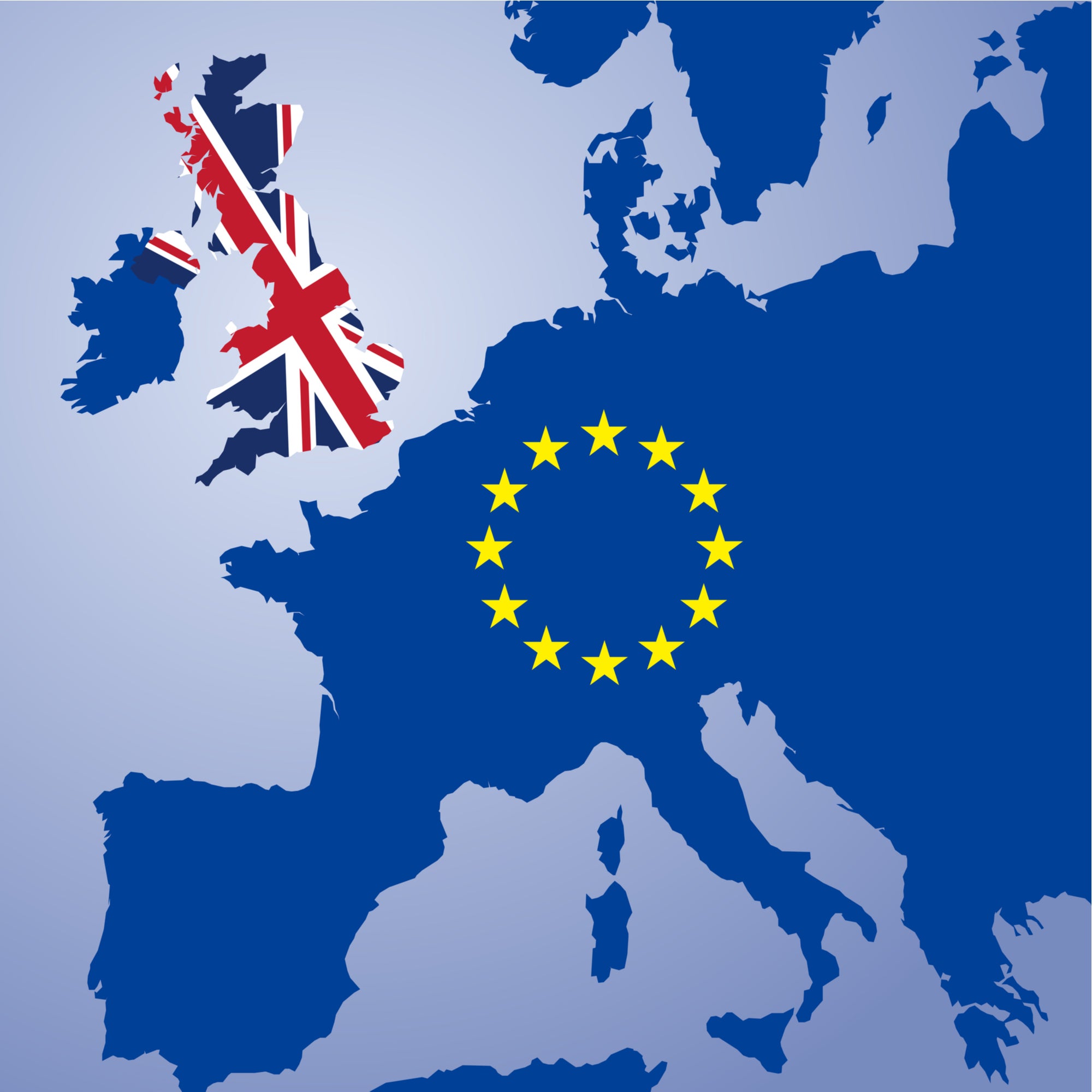
‘Project Fear’ is a phrase you’re likely to read on any Brexit-related article where people with collected experience and expertise in a given field or industry (people we might call ‘experts’) promise negative economic and social outcomes due to Brexit. The name conjures up an image of a nefarious conspiracy, intent on occluding the light of truth with dark prophecies, statistical models and lies. So instead, let’s examine the predictions of several key bad predictions from 2016 onwards:
- Prediction: We will be able to save £350 million a week that can be spent on the NHS, schools and housing (as repeated by Boris Johnson, seen on multiple leaflets, as well as a big red bus).
A dishonest projection in its use of a gross weekly contribution figure – the UK actually paid approximately £250 million a week, according to Fullfact.org, an independent fact-checking charity. The £350 million figure did not account rebates or EU money spent in the UK on various projects, such as urban regeneration. The UK Statistics Authority weighed in and said the claim was “misleading” and “undermines trust in official statistics”.
The claim is further complicated by the potential for a ‘Brexit divorce bill’, which the Brussels-based thinktank Bruegel estimated at £22 billion to £56 billion By comparison, the entire NHS cost approximately £125 billion in 2017/18.
Experts at the King’s Fund, Nuffield Trust and Health Foundation estimate that the NHS actually needs a spending increase of around 4% per year, with an estimated gap in the budget of around £20 billion per year by 2022, which will not be helped by lower growth and market uncertainty negatively impacting taxation.
A report by the Centre for European Reform (reported in The Guardian) found that Brexit costs the British economy approximately £500 million per week (and rising), estimating that the British economy is 2.5% smaller than it would have been if the UK had voted to remain in the EU. The cost of Brexit to the British economy was estimated at £40 billion per year according to Gertjan Vlieghe, a Bank of England rate-setter, approximately £800 million per week if you were inclined to put the figure on a bus.
- Prediction: If you are worried about businesses and job-creators leaving Britain after Brexit, don’t. They won’t. (Breitbart, January 2016)
Populist right-wing website Breitbart claimed in its article Fact Check: Will Job Creators Leave Britain if we Leave the European Union?
How well do you really know your competitors?
Access the most comprehensive Company Profiles on the market, powered by GlobalData. Save hours of research. Gain competitive edge.

Thank you!
Your download email will arrive shortly
Not ready to buy yet? Download a free sample
We are confident about the unique quality of our Company Profiles. However, we want you to make the most beneficial decision for your business, so we offer a free sample that you can download by submitting the below form
By GlobalDataHonda announced that it would close £200 million investment in Brexit-voting Swindon in 2021, its only European factory, which employs 3,500 people. Whenever a company like Honda operates a significant investment abroad, economic stability in the market is a key part of the assessment of that investment’s viability. Brexit’s effects on business are in significant part uncertainty and market risk. The Brexit environment makes it more likely for any assessment of an investment to be relocated to a safer market.
The Breitbart article also specifically mentioned Jaguar Land Rover, Nissan, Airbus, Toyota, BMW-Mini and Ford. All of these companies have either announced UK layoffs or repeatedly stressed the threat to their businesses from Brexit, and especially a no-deal Brexit, that could force them to move overseas.
- Prediction: an EU trade deal should be one of the ‘easiest in human history’ (Liam Fox, July 2017)
Since July 2017, we’ve seen PM Theresa May suffer the heaviest parliamentary defeat in the democratic era over her Brexit deal. MPs rejected her deal by a majority of 230 votes, and it failed again when it was next put to parliament. Labour and Conservative parties have such vehement internal disagreement over Brexit that both parties have lost pro-EU MPs to the new Independent Group, and Nigel Farage has re-entered politics with his new Brexit party, after accusing his former party UKIP of racism. Since May’s deal failed and the Commons attempts to offer alternative deals, the factions failed to come to a consensus on next steps and Parliament is trapped in deadlock.
If one thing is clear, it’s that nobody is finding this deal ‘easy’.




